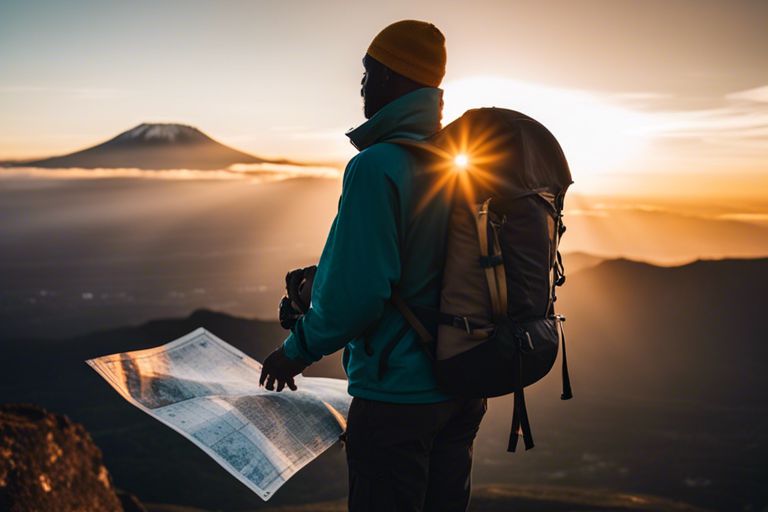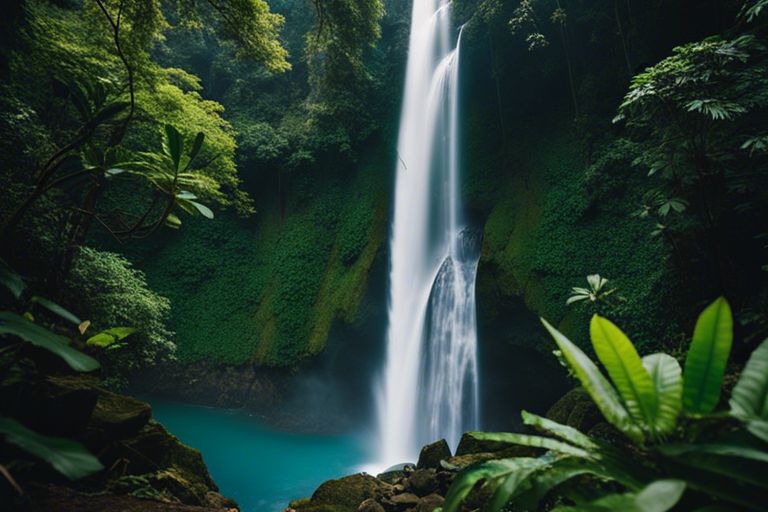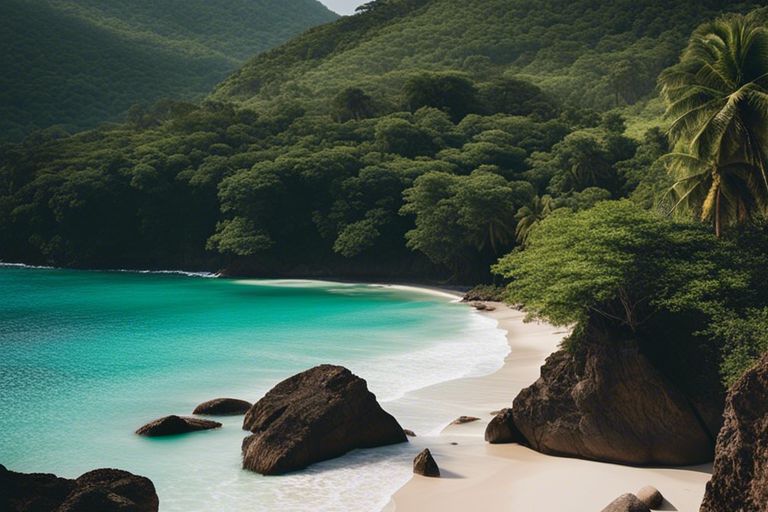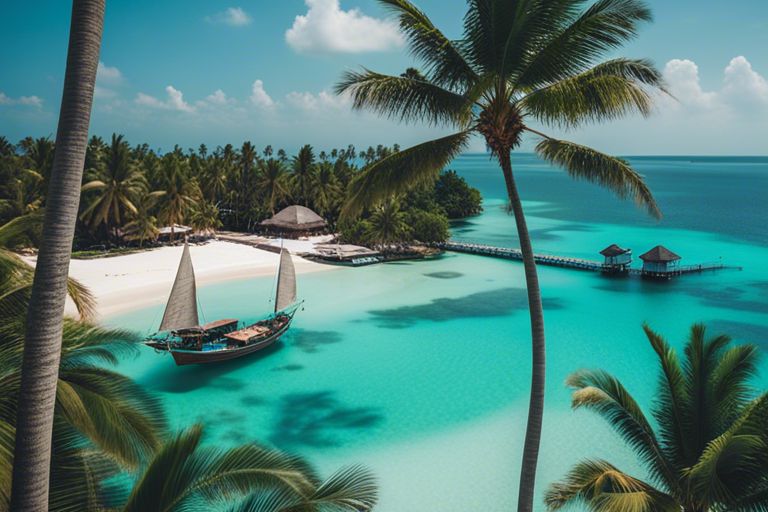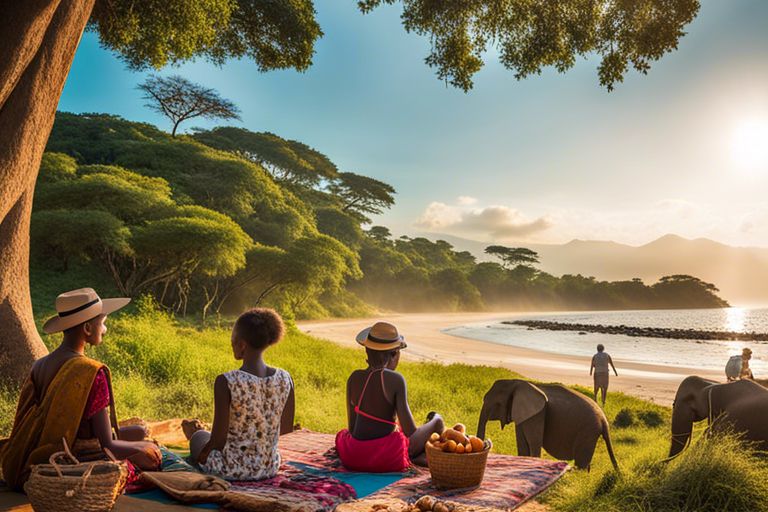Tanzania Travel Tips – What You Need to Know Before You Go
Just about to commence on a journey to the stunning land of Tanzania? Wondering what you should pack, expect, or explore once you’re there? Look no further! In this guide, we’ll equip you with crucial Tanzania travel tips to ensure you have a seamless and memorable experience. From wildlife safaris to cultural etiquettes, we’ve got you covered. So, grab your safari hat, camera, and sense of adventure – let’s investigate the must-know details for your Tanzanian adventure!
Preparing for Your Trip
Visa Requirements and Regulations
For any trip to Tanzania, it’s necessary to ensure you have the correct visa and understand the entry regulations. Most visitors can obtain a visa upon arrival at the airport, but it’s advisable to check the latest requirements before your journey. Make sure your passport is valid for at least six months beyond your intended departure date from Tanzania to avoid any complications.
Vaccinations and Health Precautions
The health and well-being of travelers are paramount when visiting Tanzania. The country has a risk of diseases such as malaria, yellow fever, and typhoid, so it’s crucial to consult with a healthcare provider or travel clinic to discuss necessary vaccinations before your trip. Additionally, consider taking preventive measures against mosquito bites, such as using insect repellent and sleeping under mosquito nets, to reduce the risk of malaria.
The safety and health of travelers are necessary during your Tanzania adventure. It’s a good idea to pack a basic first-aid kit with necessarys like bandages, antiseptic cream, and any personal medications you may need. Remember to stay hydrated, especially in hot climates, and be cautious with street food to avoid any stomach issues. By taking these precautions, you can focus on enjoying your journey without unnecessary worries about your health.
Travel Insurance and Emergency Planning
Your safety is paramount while traveling, so it’s crucial to have adequate travel insurance that covers medical emergencies, trip cancellations, and other unforeseen circumstances. Before you depart, double-check your insurance policy to ensure it meets your needs and the activities you plan to undertake in Tanzania, such as safari adventures or mountain hikes. In case of any emergencies, have important contact numbers, including your embassy and local emergency services, readily available.
One necessary aspect of emergency planning is to share your travel itinerary with a trusted contact at home so that someone knows your whereabouts in case of any unforeseen incidents. Keep a digital or physical copy of important documents like your passport, travel insurance details, and emergency contacts separate from the originals in case of theft or loss. With proper preparation and insurance coverage, you can face any unexpected situations with confidence and ease during your Tanzanian travels.
When to Visit Tanzania
If you are planning a trip to Tanzania, it’s important to consider the best time to visit for the activities you have in mind. Here are some key factors to take into account before you book your tickets.
Best Time for Wildlife Viewing
With Tanzania being a popular destination for safari adventures, the best time to visit for wildlife viewing is during the dry season, which typically runs from June to October. During these months, the vegetation is thinner, making it easier to spot animals in the national parks such as Serengeti and Ngorongoro. Moreover, it’s also during this time that animals tend to gather around water sources, offering fantastic opportunities for wildlife sightings.
Climate and Weather Conditions
One necessary aspect to keep in mind when planning your trip to Tanzania is its diverse climate. The country experiences two rainy seasons: the long rains from March to May and the short rains from November to December. The dry season from June to October is considered the best time to visit for pleasant weather conditions, although it’s worth noting that temperatures can vary significantly between regions due to Tanzania’s diverse landscapes.
Conditions can vary greatly depending on where you are in Tanzania. Coastal areas like Zanzibar tend to have a hot and humid climate, while temperatures can be cooler in the highlands. When visiting the country, it’s advisable to pack accordingly and check the weather forecast for the specific regions you plan to explore.
Avoiding Peak Tourist Season
An important consideration when planning your trip to Tanzania is avoiding the peak tourist season if you prefer a more relaxed and less crowded experience. The high season typically falls between June and August when tourist numbers are at their peak, especially in popular destinations like the Serengeti and Kilimanjaro.
To steer clear of the crowds, consider visiting during the shoulder seasons of January to March or September to October. During these times, you can still enjoy great weather conditions and wildlife sightings while escaping the largest tourist crowds. Additionally, booking your accommodations and tours well in advance can help ensure a more peaceful and enjoyable trip.
Getting Around Tanzania
Now, before commenceing on your Tanzanian adventure, make sure to check out 15 Things To Know Before Travelling To Tanzania. This will give you a good understanding of what to expect and how to prepare for your trip. In the matter of getting around Tanzania, there are several transportation options to consider.
Transportation Options: Flights, Buses, and Taxis
One of the most common ways to travel between major cities in Tanzania is by domestic flights. These flights are efficient and can save you a lot of time compared to long bus journeys. However, if you prefer overland travel, there are also buses that connect major cities. Taxis are readily available in urban areas for shorter distances or when you need a more convenient mode of transportation.
Renting a Car or Hiring a Driver
On the other hand, if you prefer more autonomy and flexibility in your travels, renting a car or hiring a driver can be a great option. This allows you to explore Tanzania at your own pace and visit off-the-beaten-path destinations that may not be easily accessible by public transportation.
Hiring a driver can be particularly beneficial if you are not comfortable driving on unfamiliar roads or if you prefer to have a local guide who can provide insights into the destinations you are visiting. Additionally, having a driver can make your journey more relaxing, allowing you to sit back and enjoy the scenic views without having to worry about navigating the roads yourself.
Navigating Local Transportation
With a wide range of local transportation options available in Tanzania, including dalla-dallas (shared minibusses), bajajis (three-wheeled motorized vehicles), and bodabodas (motorcycle taxis), getting around within cities and towns is relatively easy. These modes of transportation are inexpensive and convenient for short distances, providing you with a glimpse into the local way of life as you navigate through bustling streets and markets.
Options for getting around Tanzania are plentiful, offering something for every type of traveler, whether you prefer comfort and convenience or a more authentic and immersive experience. Whether you choose to fly between destinations, hop on a bus for an overland adventure, rent a car for flexibility, or explore local transportation options, getting around Tanzania is part of the adventure and adds to the richness of your travel experience.
Accommodation and Lodging
Types of Accommodation: Hotels, Hostels, and Camping
All set to explore the stunning landscapes of Tanzania? In terms of accommodation options, you have a range to choose from. An important aspect of your trip planning is deciding where to stay. In Tanzania, you will find various types of accommodation, including hotels, hostels, and camping sites. Hotels range from luxurious resorts to affordable guesthouses, while hostels provide budget-friendly options for solo travelers or groups. Camping is also popular, especially for those looking to immerse themselves in nature.
- Hotels: Ranging from luxurious resorts to budget-friendly guesthouses
- Hostels: Ideal for solo travelers or groups seeking affordable options
- Camping: Popular for nature enthusiasts looking for an immersive experience
Assume that each type of accommodation offers different amenities and experiences, so choose based on your preferences and budget.
Booking in Advance and Budgeting
Accommodation plays a crucial role in your travel planning. To ensure a seamless stay in Tanzania, it is advisable to book your accommodation in advance. This not only guarantees a place to stay but also allows you to budget your trip more effectively. By booking early, you can sometimes take advantage of early-bird discounts or secure desirable locations during peak travel seasons.
To make the most of your trip, consider setting aside a specific budget for accommodation. Research different options and their costs to align with your financial plan. Note, allocating a portion of your budget to accommodation will help you enjoy a comfortable and worry-free stay in Tanzania.
Safety and Security Considerations
Hotels in Tanzania generally maintain high levels of security to ensure the safety of their guests. It is common for hotels to have security personnel, CCTV cameras, and secure entry points. However, it is always wise to take precautions during your stay. Make sure to lock your room and valuables when you are away and avoid displaying large sums of cash or expensive items.
It is vital to stay vigilant and aware of your surroundings, especially in crowded areas or tourist spots. By staying cautious and following basic safety measures, you can have a pleasant and secure stay in Tanzania.
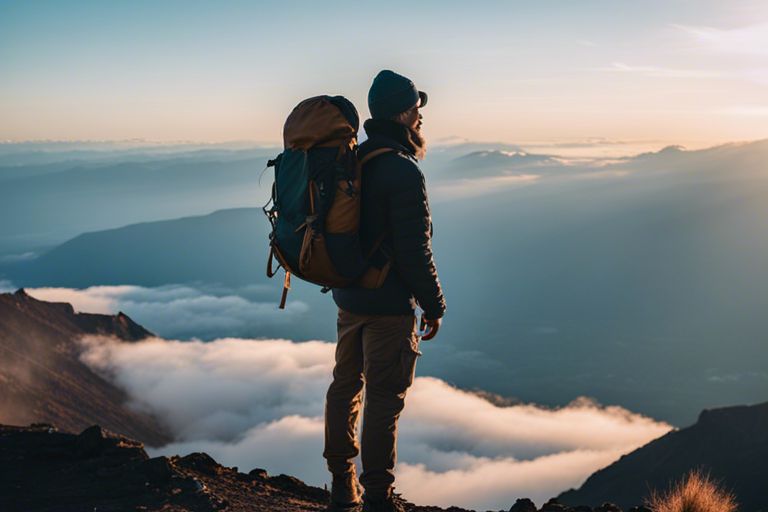
Cultural Etiquette and Awareness
Respect for Local Customs and Traditions
Traditions play a significant role in Tanzanian culture, and it’s important to show respect for local customs and traditions while you are visiting. Greetings are an crucial part of interactions, and it is common to greet people with a handshake and a warm smile.
Dress Code and Modesty
With a predominantly conservative culture in Tanzania, it’s crucial to dress modestly, especially when visiting rural areas or religious sites. Women should avoid showing too much skin by opting for longer skirts or dresses and covering their shoulders. Men should also dress conservatively, avoiding shorts in certain settings.
Modesty in attire shows respect for the local culture and helps you blend in with the community. Remember that what may be acceptable in Western culture could be seen as disrespectful in Tanzania, so it’s best to err on the side of caution when choosing your outfits.
Interacting with Locals and Learning Basic Swahili
Etiquette plays a crucial role in Tanzanian interactions, and taking the time to learn a few basic Swahili phrases can go a long way in showing respect for the local language and culture. Simple greetings like “jambo” (hello) and “asante” (thank you) can help you connect with locals and show your appreciation for their hospitality.
The people of Tanzania are known for their warmth and friendliness, so engaging with locals in a respectful and polite manner will enhance your travel experience and create meaningful connections during your trip.
Staying Safe and Healthy
Avoiding Scams and Petty Theft
Many travelers may encounter situations where they need to be cautious about petty theft and scams in Tanzania. Petty thieves may target tourists in crowded areas, so always keep your belongings secure and be aware of your surroundings. Avoid displaying expensive items like jewelry or large amounts of cash, as this can attract unwanted attention.
Food and Water Safety
With regards to food and water safety in Tanzania, it is important to be cautious about where you eat and drink. Stick to reputable restaurants and establishments that follow proper hygiene practices to minimize the risk of food-borne illnesses. Additionally, drink only bottled or filtered water to avoid stomach issues during your trip.
Food and water safety is crucial for a healthy travel experience in Tanzania. Make sure to peel fruits and vegetables before consuming them, and avoid uncooked or undercooked meat and seafood. By taking these precautions, you can significantly reduce the chances of getting sick during your journey.
Dealing with Altitude Sickness and Sun Exposure
For your safety, it’s important to be prepared for altitude sickness and sun exposure while in Tanzania. As you may be visiting elevated areas such as Mount Kilimanjaro, it’s vital to acclimatize slowly to prevent altitude sickness. Additionally, protect yourself from the strong African sun by wearing sunscreen, a hat, and sunglasses to avoid sunburn and dehydration.
Safety should be a top priority when dealing with altitude sickness and sun exposure in Tanzania. Remember to stay hydrated and listen to your body’s signals if you start feeling unwell due to altitude changes. By being mindful of these factors, you can fully enjoy your Tanzanian adventure while staying safe and healthy.
To wrap up
Upon reflecting on the various Tanzania travel tips provided, it is evident that adequate preparation and awareness are key to having a smooth and enjoyable trip to this diverse and beautiful country. Remember to respect the local customs and traditions, prioritize your safety by being cautious in unfamiliar surroundings, and make the most out of your experience by immersing yourself in the rich culture and stunning natural landscapes that Tanzania has to offer.
By following the tips outlined in this article, you can ensure that your journey to Tanzania is not only memorable but also safe and enriching. So, pack your bags, keep these recommendations in mind, and get ready to commence on an unforgettable adventure in this captivating East African nation.

